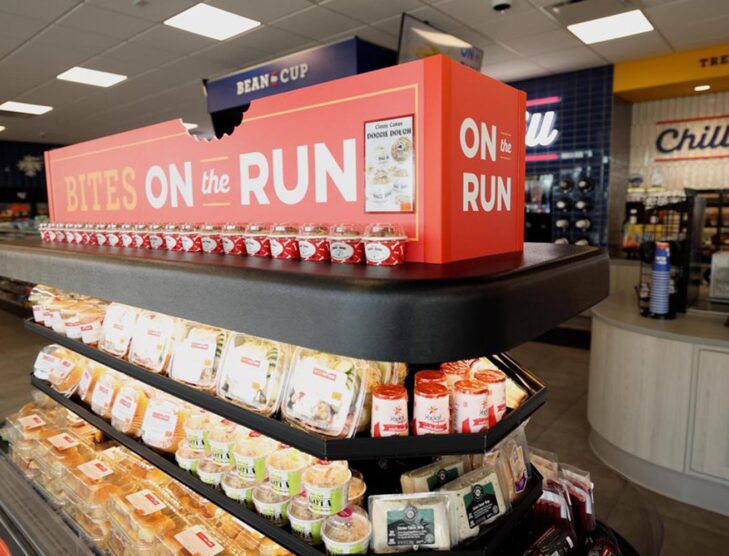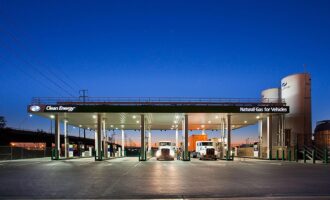
Parkland boosts retail convenience network with acquisition
Canada’s Parkland Corporation, through its wholly-owned U.S. subsidiaries, has entered into an agreement to acquire substantially all of the assets of Lynch Oil and certain of its affiliates. The acquisition strengthens its growth platform across the U.S. Pacific Northwest and complements its existing retail, commercial and wholesale businesses in the U.S. state of Idaho.
“This acquisition advances our strategy by strengthening our retail convenience network and supply advantage in a growing market where we already have a significant presence,” said Doug Haugh, president of Parkland USA. “We are excited to welcome the Lynch team to Parkland and look forward to growing our customer base and providing them with the quality products and exceptional service they expect.”
Family owned and operated since 1923, Lynch’s operations are concentrated in southern and central Idaho. This acquisition adds annual fuel sales of more than 180 million litres and includes five large-format convenience stores and forecourts, two travel centers, two stand-alone car washes, and a rail storage terminal. Gross profit from the acquired assets is split roughly 60% retail, convenience, carwash and non-fuel, and 40% commercial and wholesale.
90% of the transaction consideration will be funded out of existing credit facility capacity, and the remaining 10% with Parkland common shares issued from treasury. The transaction is expected to close in the fourth quarter of 2021.
About Parkland
Parkland is a leading convenience store operator and independent supplier and marketer of fuel and petroleum products. Parkland services customers across Canada, the United States, the Caribbean region, and the Americas through three channels: Retail, Commercial and Wholesale. Parkland optimizes its fuel supply across these three channels by operating and leveraging a growing portfolio of supply relationships and storage infrastructure.
echo '








